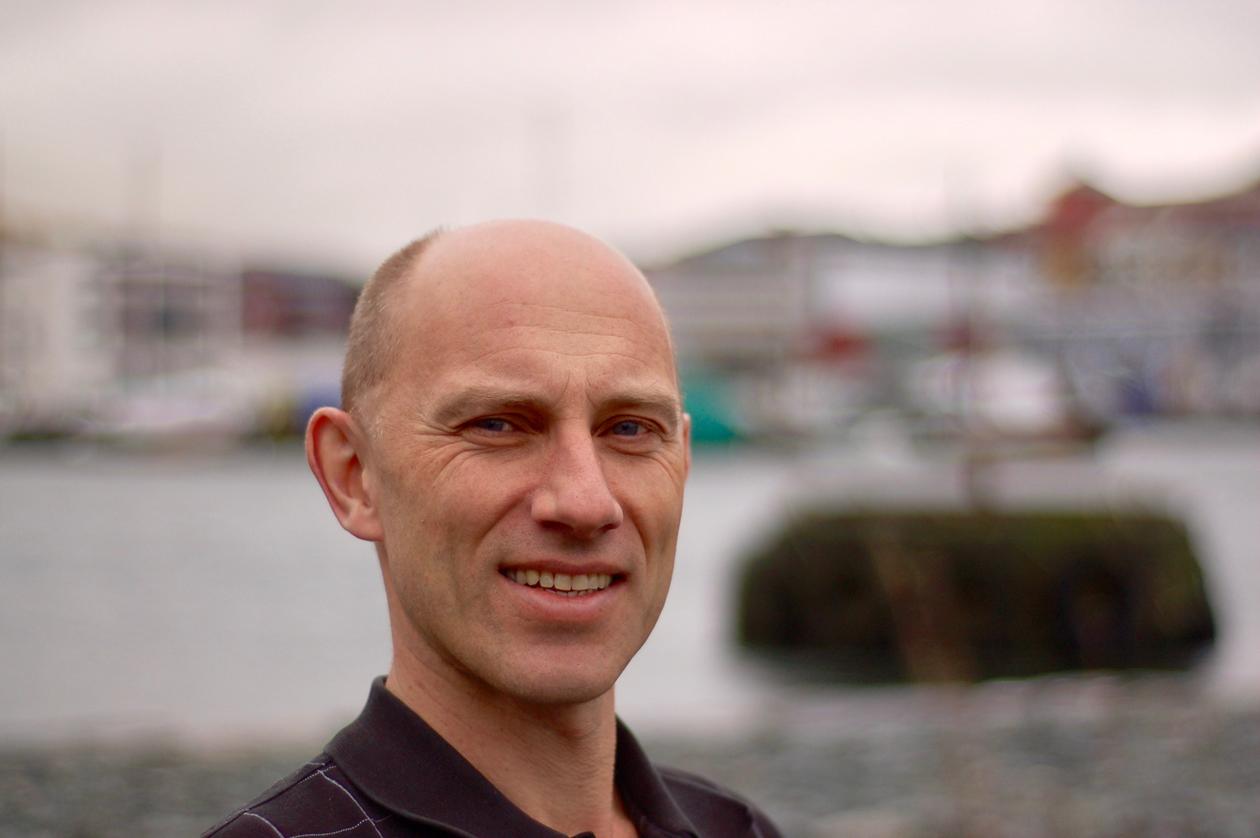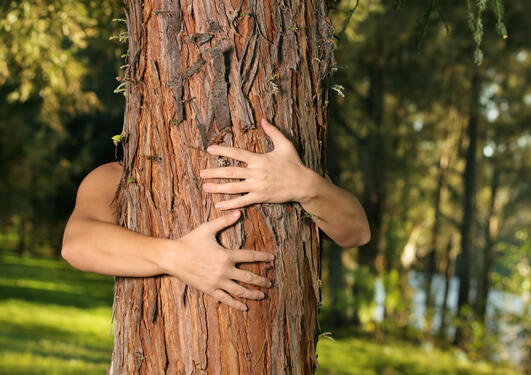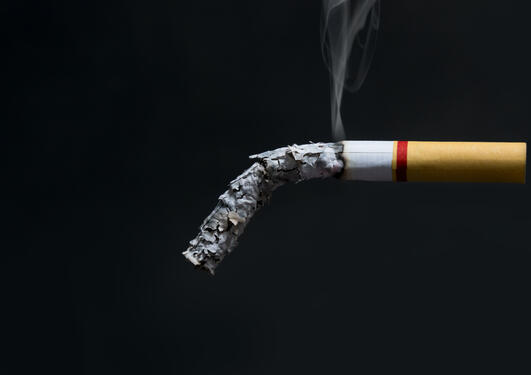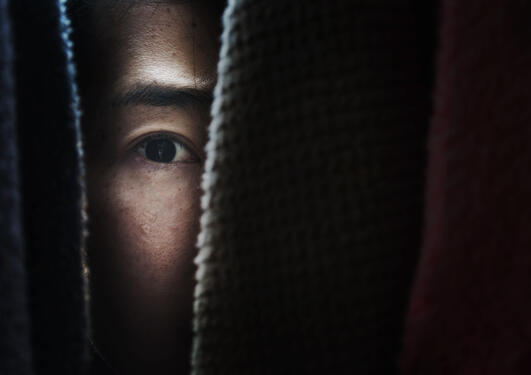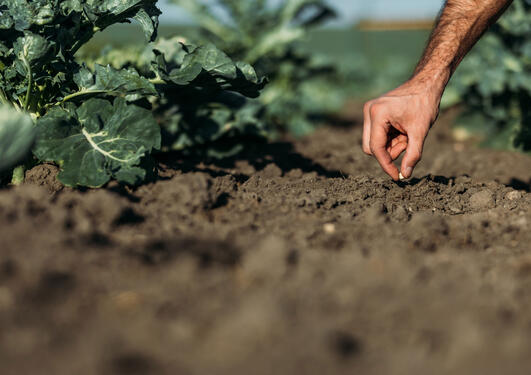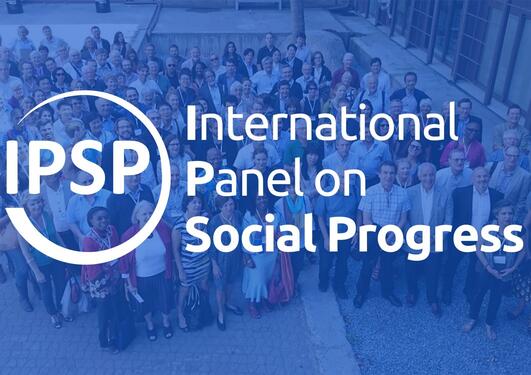Will the ocean provide more or less food for humanity?
Is the ocean a natural heritage to be preserved and protected, or a ‘farm’, with produce to be harvested?

Hovedinnhold
Dag L. Aksnes
Professor, Department of Biological Sciences (BIO)
There is a need to find new ways to feed a fast-growing global population. Such growth, combined with today’s nutritional challenges (hunger, undernutrition, and micronutrient deficiencies) and the expectations of citizens in an increasingly prosperous world, will intensify the global demand for food and biomass.
On this background, the European Commission asked for scientific advice to the question: “How can more food and biomass be obtained from the ocean without depriving the benefits of future generations?”
Professor Aksnes will give an overview of two recent reports that examine this question.
The first report (SAPEA 2017) summarises different options on how to obtain more food and biomass and the constraints and uncertainties involved. The second report (HLG2017), provides recommendations relevant in an EU policy context.
The lecture will also address a fundamental dilemma: is the ocean a natural heritage to be preserved and protected, or a ‘farm’, with produce to be harvested?
Dag L. Aksnes is Professor in marine ecology and biological oceanography at the Department of Biological Sciences (BIO) at UiB. His research focuses on marine ecosystems and how organisms respond to changes in environmental conditions. In recent years he has participated in several international expert groups related to the question: to what extent can more food can be obtained from the ocean?
In 2017 he was Working Group leader within the European Scientific Advice Mechanism (EU SAM) addressing the question “How can more food and biomass be obtained from the ocean without depriving the benefits of future generations?”
The keynote is open to all
